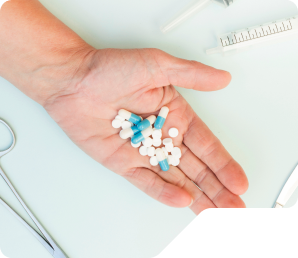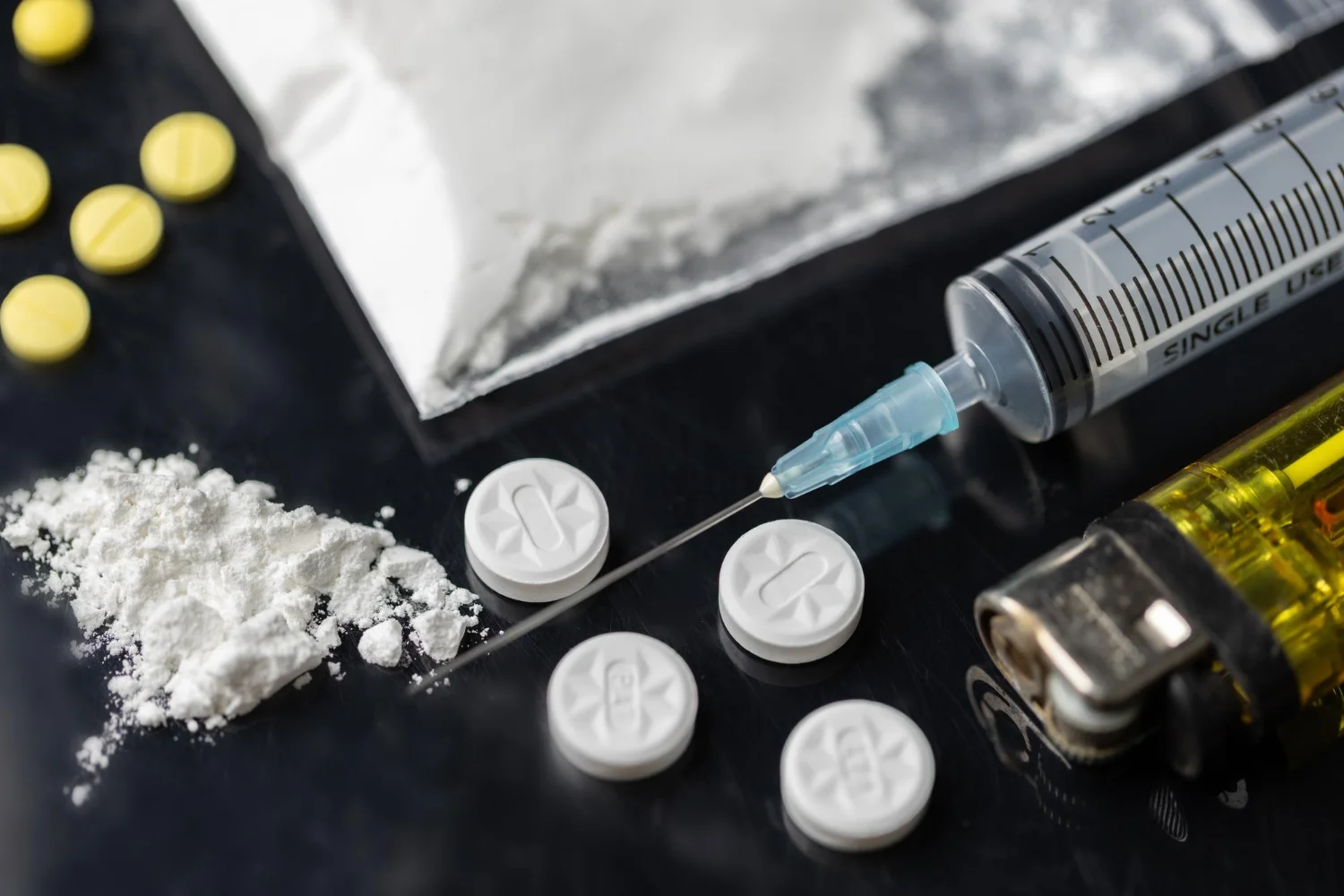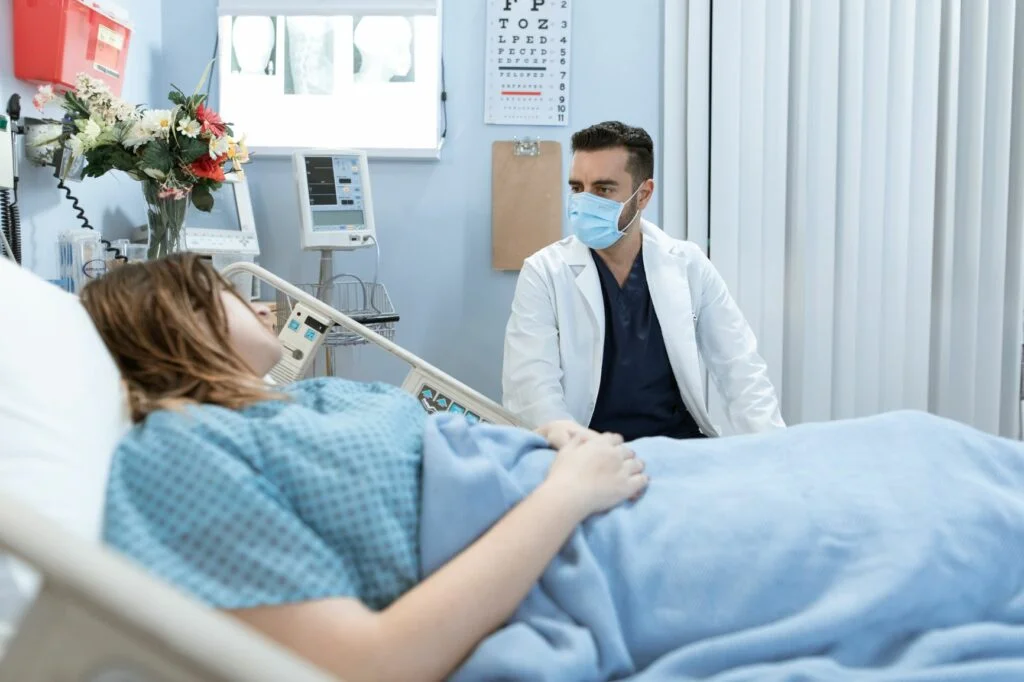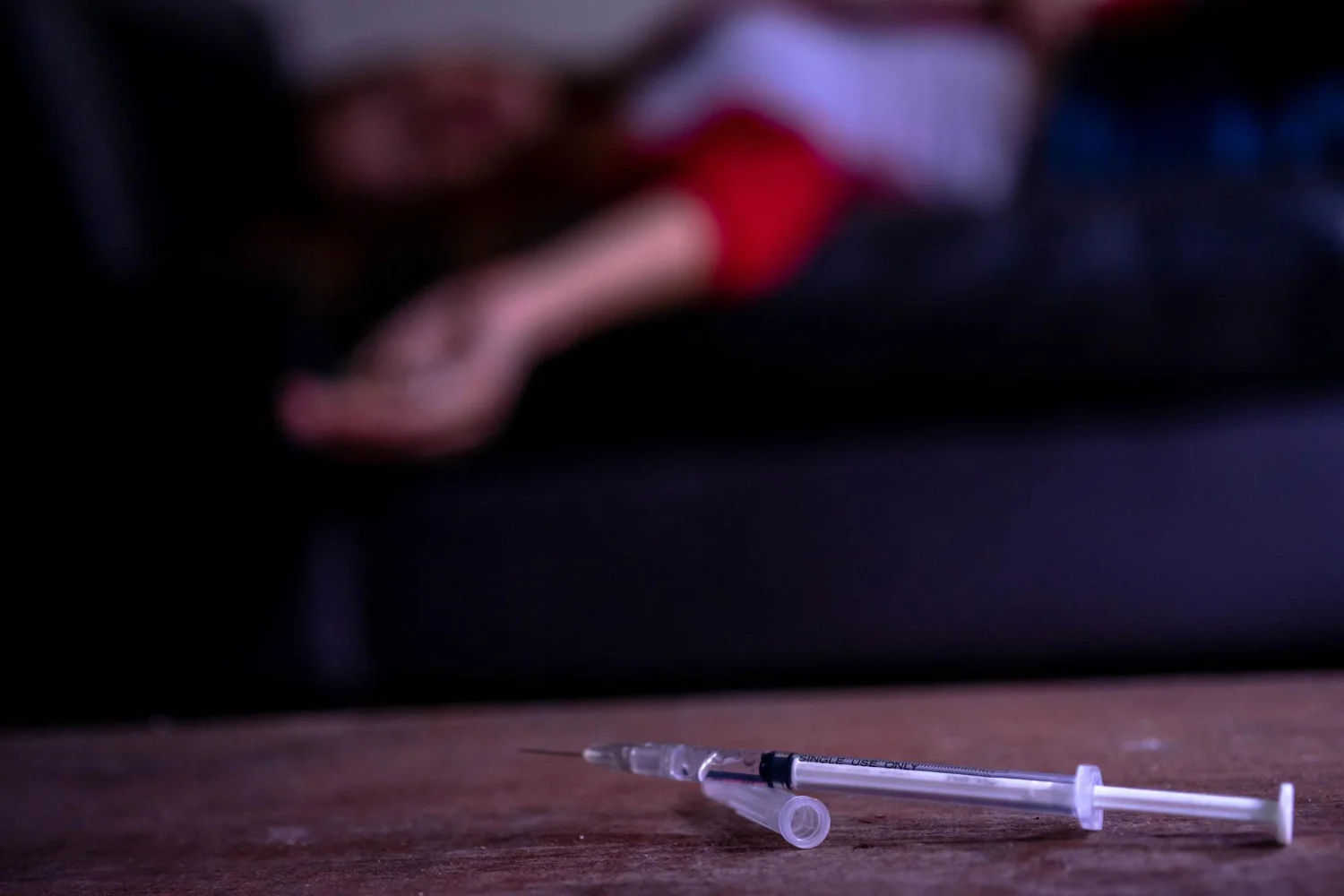The Stages Of Addiction Recovery
Upon acknowledging your addiction to drugs or alcohol, you embark on a challenging path towards recovery. Choosing to enroll in a drug or alcohol treatment program may be a difficult decision, but it stands as one of the most effective steps you can take to liberate yourself from the grip of addiction.
Treatment Information You Can Trust
Find Local Treatment Centers and Meetings
Find the treatment that is right for you through our nationwide directory of addiction
treatment programs and drug rehabs centers.
Find the treatment that is right for you through our nationwide directory of addiction treatment programs and drug rehabs centers.
Featured Treatment Centers



Common Questions About Rehab
Take a look at our FAQ. We've tried to fill it with all the answers you're looking for. And if not, contact us on (800) 429-7690.
The rehab process is a structured approach to help individuals overcome addiction and achieve long-term sobriety. While the specifics can vary based on the facility, type of addiction, and individual needs, the general rehab process often includes assessment, detoxification, therapy, education, skills training, aftercare planning, and follow-up, all aimed at helping individuals overcome addiction and achieve long-term sobriety.
In mental health, rehab refers to a structured program designed to help individuals recover from mental health disorders, improve functionality, and reintegrate into society. It encompasses therapy, medication management, life skills training, education, and support services.
Addiction affects the brain by altering neurotransmitter balance, hijacking the brain's reward system, changing brain structures related to judgment and behavior control, reducing neural connectivity, impacting neuroplasticity, and leading to withdrawal symptoms due to dependence on the addictive substance or behavior.
A relapse in rehab is the return to substance use or addictive behavior after a period of abstinence during the recovery process. It's a setback that signifies the need for revised or additional support in one's treatment journey.



































